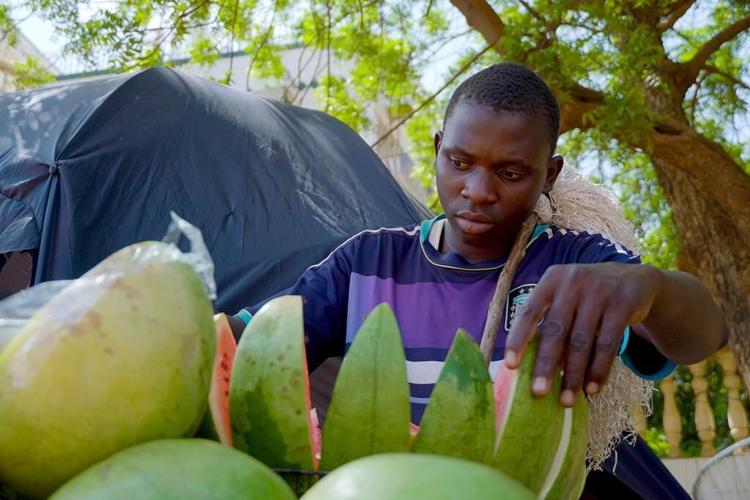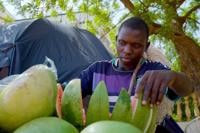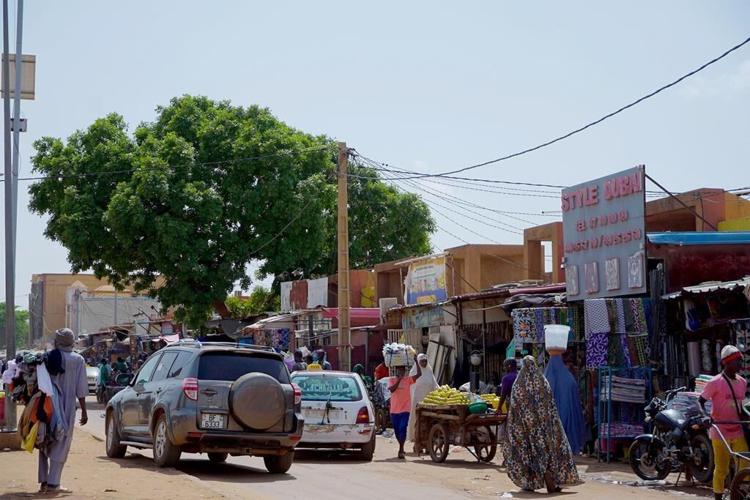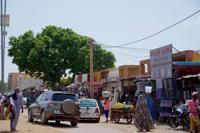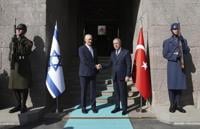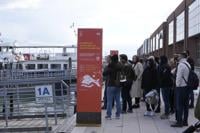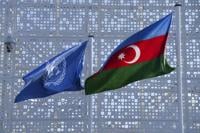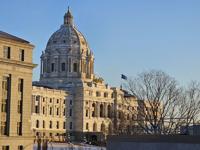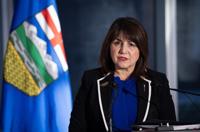ABUJA, Nigeria (AP) — When a group of military officers appeared on state television in Niger one year ago to make a dramatic announcement of a coup, they said they deposed the West African nation's elected government for two key reasons: its security, and economic crises.
But those challenges have persisted, even worsened. The — among the world's youngest and poorest — are struggling after the junta severed ties with key international partners, who have and suspended security and development support affecting close to half of Niger’s budget.
The coup was the latest and perhaps most significant of the recent , the vast, arid expanse south of the Sahara Desert that has become a global hot spot for extremist violence. Niger had been the West’s last reliable partner in the region in battling jihadists linked to al-Qaida and the Islamic State group.
Now, a crucial U.S. drone base is going, along with U.S. forces . More than 1,000 French troops after being told to leave. A key once meant to turn Niger into an oil exporter has stalled with the insecurity and uncertainty.
Support from international partners, notably the European Union, had made up close to 40% of Niger's budget. With that gone, “we are only looking for something to live on,” said one resident in the capital, Niamey, Ibrahim Amani. Everything has become more expensive, he said.
On the streets, where thousands of mostly young people cheered the coup in its early dramatic days, there is growing frustration. But there are no public protests amid concerns about possible retaliation by the junta, which still holds in detention. The junta has said he will be , to widespread criticism abroad.
There's a “real depressing effect on the ability of the government to provide services and on the ability of businesses to thrive,” said Daniel Eizenga, a research fellow with the African Center for Strategic Studies.
As Niger's military leaders consolidated their grip on power, they promised a to civilian rule. Analysts now say that is unlikely to happen on time.
The junta, along with those in neighboring Mali and Burkina Faso, is breaking away even from .
The three countries, after expelling the forces of former colonizer France, have “completely changed the geopolitical dynamics” of the region and are forming their own , said Ulf Laessing, head of the Sahel program at the Konrad Adenauer Foundation.
in the Sahel, but its ability to make up for Niger's lost security support is limited. “Niger’s army is running out of material with the retreat of Western forces which the Russians – which has as its new security partner – can only partly compensate,” Laessing said.
On the ground, insecurity has worsened. Niger has quickly become . Violent killings by rebels and militia groups more than doubled, from 770 people killed in the year before the coup to 1,599 in the year that followed, according to the U.S.-based Armed Conflict Location & Event Data Project, or ACLED.
Extremists carried out nearly five times as many large-scale attacks — involving at least 10 deaths — in the year after the coup, ACLED data shows.
“Al-Qaida and IS militants have ... consolidated control over more territory since the junta took power by taking advantage of security force limitations that the withdrawal of Western support has contributed to,” the American Enterprise Institute's Critical Threats Project said in a new report.
That follows the trend in and Burkina Faso, even after military juntas have invoked insecurity to justify taking power, experts have said.
“The coming years are likely to be difficult and violent in Burkina Faso, Mali, and Niger, given the absence of clear inclusive strategies,” Alexander Thurston, an associate professor of political science at the University of Cincinnati, said in the new report.
Niger’s junta leader, Gen. Abdourahmane Tchiani, outlined his goals for the country in a government document published last week: for it to be a sovereign nation that controls its resources, for good governance and justice to reign and for the citizens to be able to work.
However, the military rulers are “tightening their grip on opposition, civil society, and independent media,” Samira Daoud, Amnesty International’s regional director for West and Central Africa, said Thursday in a statement that condemned dozens of “arbitrary arrests” in the last year in Niger.
For refusing to resign as president after being deposed, Bazoum has no public access apart from a doctor’s visit twice a week and the conditions of his detention are “becoming increasingly severe,” said Reed Brody, one of his lawyers.
On the business front, Niger's already import-dependent economy is reeling from sanctions and the impact of border closures in the early days after the coup.
The status of hundreds of millions of euros in support from the European Union, one of Niger's biggest donors, remains unclear. That affects agriculture, education, security, businesses and humanitarian activities along with work addressing migration.
Neither Russia nor other countries like Iran that Niger's junta is seeking closer ties with is likely to step up and fill such gaps, said Eizenga with the African Center for Strategic Studies.
“Russia is ultimately acting in the interest of Russia," he said. “And none of these other countries has the resources to provide the assistance that former partners did.”
___
Ahmed reported from Bamako, Mali.

